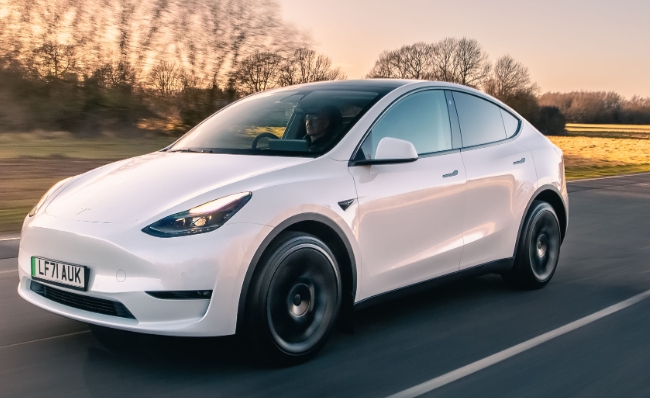Electrifying the Future: The Evolution and Prospects of Electrical Engineering
2 min read
As we navigate through the 21st century, the field of electrical engineering continues to evolve at an unprecedented pace. The future of electrical engineering is not only exciting but also holds immense potential for transforming our world. This article will delve into the future trends and advancements that are set to redefine the landscape of electrical engineering.
The advent of the Internet of Things (IoT) has significantly influenced the future of electrical engineering. IoT devices are increasingly becoming an integral part of our daily lives, from smart homes to industrial automation. Electrical engineers are at the forefront of designing and developing these IoT devices, ensuring their efficient operation and security. As the IoT continues to expand, the demand for skilled electrical engineers who can navigate this complex landscape will undoubtedly increase.
Another transformative trend in electrical engineering is the shift towards renewable energy sources. As the world grapples with the effects of climate change, the need for clean and sustainable energy has never been more urgent. Electrical engineers play a crucial role in harnessing renewable energy sources such as solar and wind power. They design and develop systems to generate, transmit, and store renewable energy, contributing to a more sustainable future.
The rise of electric vehicles (EVs) also presents exciting opportunities for electrical engineers. The transition from fossil fuel-powered vehicles to EVs requires a complete overhaul of our transportation infrastructure. Electrical engineers are instrumental in designing efficient charging systems, improving battery technology, and ensuring the reliability of the electrical components in EVs. As the adoption of EVs accelerates, the demand for electrical engineers with expertise in this area is set to soar.
Artificial Intelligence (AI) and Machine Learning (ML) are also reshaping the future of electrical engineering. These technologies are being integrated into various electrical systems to enhance their performance and efficiency. Electrical engineers are needed to design and develop these AI and ML-enabled systems, making them a vital part of this technological revolution.
In the realm of telecommunications, the rollout of 5G technology is set to revolutionize how we communicate. Electrical engineers are at the heart of this transformation, working on the design and implementation of 5G networks. This technology promises faster data speeds and more reliable connections, opening up new possibilities for IoT, autonomous vehicles, and other advanced technologies.
In conclusion, the future of electrical engineering is bright, filled with opportunities and challenges. As technology continues to evolve, electrical engineers will be at the forefront, driving innovation and shaping the future. Whether it's IoT, renewable energy, EVs, AI, ML, or 5G, the role of electrical engineers is pivotal in turning these technological advancements into reality.

